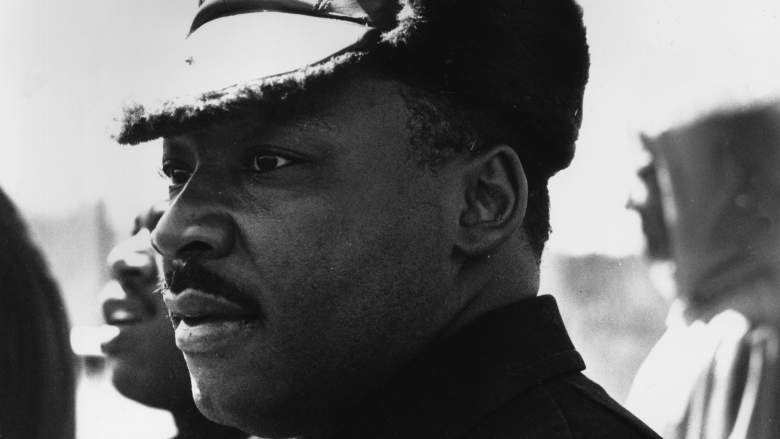
Today is the 90th anniversary of Martin Luther King Jr.’s birth, and King’s daughter Bernice honored her dad by sharing a moving video of an interview King did with an NBC News reporter in 1967.
King, born January 15, 1929 in Atlanta, was 38 when the video was taken on May 8, 1967. He was assassinated less than a year later, on April 4, 1968. In the video, the reporter asks King why African-Americans had struggled in the United States while other immigrant group had “somehow got around it.”
“What is it about the negro?” the reporter asks. “Every other group that has come as an immigrant somehow — not easily, but somehow — got around it. Is it just the fact that negroes our black?”
King’s calm, steady response laid out the history of the legacy of slavery and segregation in the United States while saying “we out to do all we can and seek to lift ourselves by our bootstraps.”
You can watch the video clip here:
Martin Luther King on ‘Freedom to Hunger’ & People ‘Left Bootless’
King walked the reporter through what had by then been a century during which African-Americans were free from slavery, but left without land or any kind of “economic base” akin to what the U.S. government had granted to white immigrants from Europe.
The full text of his answer is below:
White America must see that no other ethnic group has been a slave on American soil. That is one thing that other immigrant groups haven’t had to face. The other thing is that the color became a stigma. American society made the negroes’ color a stigma. America freed the slaves in 1863 through the Emancipation Proclamation of Abraham Lincoln, but gave the slaves no land, or nothing, in reality, to get started on. At the same time, America was giving away millions of acres of land in the west and the midwest, which meant there was a willingness to give the white peasants from Europe an economic base. And yet it refused to give its black peasants from Africa, who came here involuntarily, in chains, and had worked free for 244 years, any kind of economic base. And so emancipation for the negro was really freedom to hunger. It was freedom to the winds and rains of heaven. It was freedom without food to eat or land to cultivate and therefore, it was freedom and famine at the same time.
And when white Americans tell the negro to lift himself by his own bootstraps, they don’t look over the legacy of slavery and segregation. Now, I believe we ought to do all we can and seek to lift ourselves by our bootstraps. But it’s a cruel jest to say to a bootless man that he ought to lift himself by his own bootstraps. And many negroes, by the thousands and millions, have been left bootless as a result of all of these years of oppression. And as a result of a society that deliberately made his color a stigma and something worthless and degrading.
READ NEXT: Reverand Bernice King: 5 Fast Facts You Need to Know